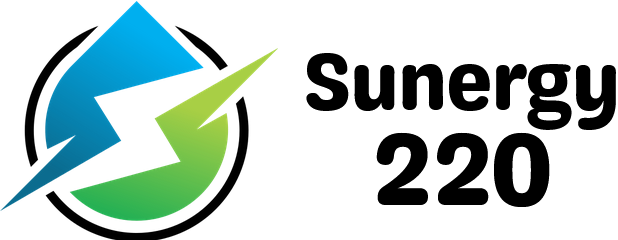Installing solar panels: you're entitled to help!
Are you planning to install solar panels? There are a number of schemes available to help you finance this energy-saving work. Here's how you can benefit.
Photovoltaic self-consumption allowance
Photovoltaic self-consumption is the consumption of your own electricity generated from solar energy. It's a way of using non-polluting, abundant energy and contributing to the energy transition.
Installations that allow self-consumption (surplus sales installations) are eligible for an investment allowance. This premium is degressive and varies according to the power of the installation.
If you meet the conditions (details of the conditions can be found in theTariff Order of 6 October 2021), this premium is paid automatically by EDF, at the same time as your income from the sale of your surplus.
Please note that the premium amounts are updated every quarter. To find out the amounts in real time, visit the dedicated page on the photovoltaique.info. website
- To consume your own electricity, you generally need to install solar panels on the roof of your home. The panels are connected to one or more inverters, which convert the direct current produced into alternating current that is identical to that on the grid and can be used at home. A smart meter (like the Linky meters) measures both the electricity fed into the grid and the electricity drawn from it.
- The entire installation is connected to the national electricity grid.
- There are various options for managing the electricity produced, involving a specific contract and type of connection.
Reduced VAT rate
Grid-connected photovoltaic installations with a capacity of 3 kWp or less can benefit from a VAT rate of 10%.
The feed-in tariff
As an individual, you can feed electricity into the grid and sell it to a buyer at a price set by law. This mechanism ensures a normal return on the capital invested over the lifetime of the installations.
Individual photovoltaic producers can sell all or part of the electricity they produce.
Feed-in tariffs are set by decree and change every quarter.
How do I qualify for financial support for solar power generation?
The amounts of the premium and the initial feed-in tariff are set when you submit your connection request to the grid operator (Enedis or another local distribution company). They will only come into effect once the installation has been commissioned and the feed-in contract has been signed.
The purchase contract is concluded for a period of 20 years.
To qualify for public support, you must use a qualified company.
Consult the conditions for receiving financial aid and find qualified organisations
- Visit the photovoltaique.info.fr to find out more about the issues and procedures involved in photovoltaics.
- Contact a France Rénov advisor as part of your energy renovation project (wall insulation, underfloor insulation, roof insulation, change of joinery, ventilation systems, heating and/or domestic hot water systems), to obtain information on the feasibility of your photovoltaic project and its profitability.
- Before signing a quotation, assess the profitability of your installation using the free tool Assess my photovoltaic quotation.
What taxation applies to the sale of electricity from photovoltaic panels?
You may qualify for income tax exemption if your installation meets the following three conditions:
- its output is less than 3 kWp
- it is connected to the public grid at no more than two points
- it is not used for professional purposes.
If your installation is over 3 kWp: income from the sale of electricity is subject toincome tax in the industrial and commercial profits (BIC ) category for installations over 3 kWp.
